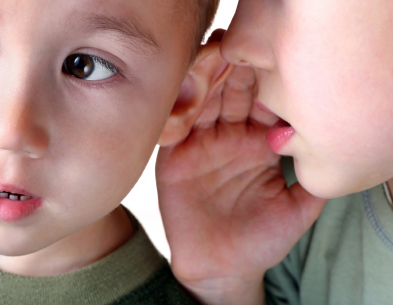
Therapy Tips
“Auditory Overload” a Challenge for Many Kids
As a parent have you ever noticed that your child exhibits some of the following behaviors?- Says “huh?” or “what?” frequently
- Has difficulty with phonics and speech sound discrimination
- Often misunderstands what is said
- Constantly requests information be repeated
- Has poor receptive and expressive language
- Is easily distracted
- Has difficulty following and carrying out verbal, multi-step directions (such as, put on your coat and open the door)
- Has poor auditory memory, such as telling the days of the week, reciting the alphabet or counting to 20
- Has poor listening skills, especially in the presence of background noise
- Learns poorly through the auditory channel; needs visual and/or tactile support
- Gives inconsistent responses to auditory stimuli
- Gives slow or delayed response to questions and directions; needs more time to process information
- Has reading, comprehension, spelling and vocabulary difficulties
- Has low academic performance
- Confuses words that sound alike
- Exhibits behavior problems



